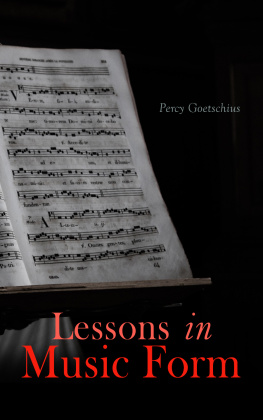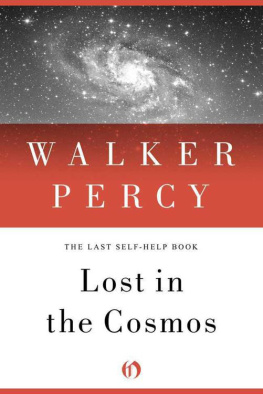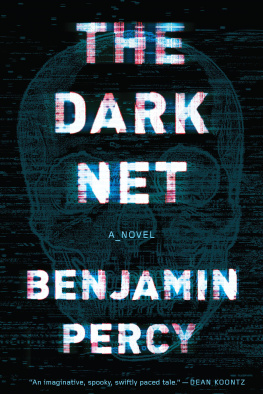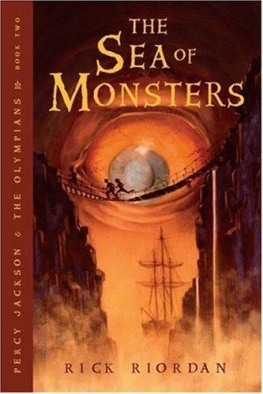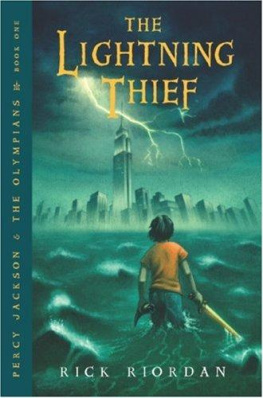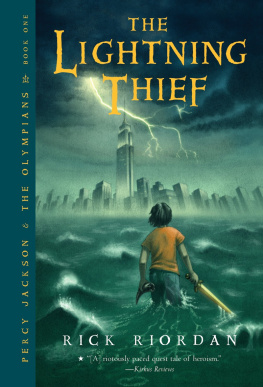ALSO BY JULIA GLASS
I See You Everywhere
The Whole World Over
Three Junes
This is a work of fiction. Names, characters, places, and incidents either are the product of the authors imagination or are used fictitiously. Any resemblance to actual persons, living or dead, events, or locales is entirely coincidental.
Copyright 2010 by Julia Glass
All rights reserved. Published in the United States by Pantheon Books, a division of Random House, Inc., New York, and in Canada by Random House of Canada Limited, Toronto.
Pantheon Books and colophon are registered trademarks of Random House, Inc.
Library of Congress Cataloging-in-Publication Data
Glass, Julia, [date]
The widowers tale / Julia Glass.
p. cm.
eISBN: 978-0-307-37943-6
1. WidowsFiction. 2. GrandsonsFiction. 3. PreschoolsFiction. 4. Family secretsFiction. 5. EcoterrorismFiction. 6. New EnglandFiction. I. Title.
PS 3607. L 37 W 56 2010 813.6dc22 2010002854
www.pantheonbooks.com
v3.1
For my parents
and
my three Jewish mothers
Contents
In the way that a gambler who has lost can easily imagine himself again in possession of his money, thinking how false, how undeserved was the process that took it from him, so he sometimes found himself unwilling to believe what had happened, or certain that his marriage would somehow be found again. So much of it was still in existence.
JAMES SALTER , Light Years
1

W hy, thank you. Im getting in shape to die.
Those were the first words I spoke aloud on the final Thursday in August of last summer: Thursday, I recall for certain, because it was the day on which I read in our weekly town paper about the first of what I would so blithely come to call the Crusades; the end of the month, I can also say for certain, because Elves & Fairies was scheduled, that very evening, to fling open its brand-new, gloriously purple doorsformerly the entrance to my beloved barnand usher in another flight of tiny perfect children, along with their preened and privileged parents.
I was on the return stretch of my route du jour, the sun just gaining a vista over the trees, when a youngster who lives half a mile down my street gave me a thumbs-up and drawled, Use it or lose it, man! I might have ignored his insolence had he been pruning a hedge or fetching the newspaper, but he appeared merely to be loungingand smoking a cigaretteon his parents hyperfastidiously weed-free lawn. He wore tattered trousers a foot too long and the smile of a bartender who wishes to convey that youve had one too many libations.
I stopped, jogging in place, and elaborated on my initial remark. Because you see, lad, I informed him, huffing rhythmically though still in control, I have it on commendable authority that dying is hard work, requiring diligence, stamina, and fortitude. Which I intend to maintain in ample supply until the moment of truth arrives.
And this was no lie: three months before, at my daughters Memorial Day cookout, Id overheard one of her colleagues confide to another, in solemn Hippocratic tones, Maternity nurses love to talk about how hard it is to be born, how its anything but passive. They explain to all these New Age moms that babies come out exhausted from the work they do, how they literally muscle their way toward the light. Well, if you ask me, dyings the same. Its hard work, too. The final stretch is a marathon. Ive seen patients try to die but fail. Just one more thing they didnt bother to tell us in med school. (Creepy, this talk of muscling ones way toward the dark. Though I did enjoy the concept of all those babies toiling away, lives on the line, like ancient Roman tunnel workers, determined to complete their passage.)
As for the youngster with trousers slouched around his bony ankles, my homily had its intended effect. When I finished, he hadnt a syllable at his service; not even the knee-jerk Whatever that members of his generation mutter when conversationally cornered. As I went on my way, energized by vindication, I had a dim notion that the youngsters name was Damien. Or Darius. I put him at fifteen, the nadir point of youth. Had he been a boy of his age some twenty years ago, I would have known his name without a second thought, not just because I would have known his parents but because in all likelihood he would have mowed my lawn or painted my barn (gratefully!) for an hourly wage appropriate to a teenage boys modestly spendthrift habits. Nowadays, teenage boys with wealthy parents do not mow lawns or paint houses. If they stoop to any sort of paid activity, they help seasoned citizens learn to navigate the baffling world of computers and entertainment modules, charging an hourly wage more appropriate to the appallingly profligate habits of a drug dealer in the Bronx.
Damius or Darien might indeed have been the one to coach my own seasoned self through the use of my new laptop computer (a retirement gift that spring from my daughters), and to fleece me accordingly, had I not been the fortunate grandfather of a very intelligent, very kind, adequately well-mannered boy of twenty who was, at the time, an honors student at Harvard. A good boy, as parents no longer dare to say, cowed by advice from some celebrity pediatrician whos probably fathered two or three litters with a sequence of abandoned wives. But thats what Robert was, to me (and still is, or is again, despite everything thats happened): a Good Boy, on the verge of becoming a solid, productive citizen. My grandson is a very good boy, I used to say, with pride and confidence, especially within earshot of his mother.
Robert had inherited his mothers passion for science, and I had begun to assume, with mixed feelings, that he planned to follow in her professional footsteps. A successful oncologist in Boston, Trudy has become marginally famous as a media source whenever some new Scandinavian study pops up to hint at anything approaching a cure. One day, watching her as she explained a controversial drug to that life-size Ken doll on the six oclock news, it occurred to me that my younger daughter entered my living room more often as a guest of NBC than as my flesh-and-blood offspring. I saw Robert far more frequently.
Robert stayed in close touch with me as contractors, carpenters, plumbers, and electricians jacked up and tore apart my barn so that it could become the new home of Elves & Fairies, Matlocks favorite progressive nursery school. (Simply to look out my back windows that summer felt like spying on the public humiliation of a loyal friend, an ordeal I had engineered.) When these callow strangersfew of whom spoke English by choicewere not perpetrating their mutilations, buttressings, and vigorous eviscerations upon that stately structure, they treated my entire property like an amusement park. During breaks, they would kick a soccer ball back and forth by the pond, and while there were plenty of other shady spots in which to lounge, they ate their lunch on the steps of my back porch, their laughter and indecipherable chitchat echoing throughout my house. I could not even identify the language they shared. It might have been Tagalog or Farsi.
Fortuitously, despite my protests, Robert had insisted on setting up an e-mail account when he tutored me on the use of my laptop. After decades at a job where the King Kong shadow of technology loomed ever larger and darker over the simple work I loved, I had fantasies of a quasi-Luddite retirement: I would revel in the pages of one obscurely significant novel after another, abandoning the world of gigabytes and hard drives. Cursed be the cursors; farewell to iEverything and all its pertly nicknamed apps.




